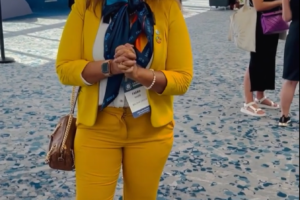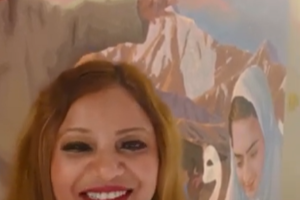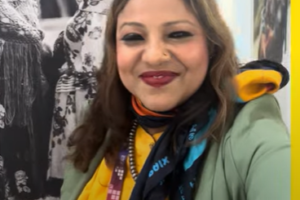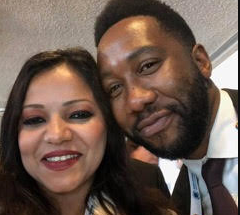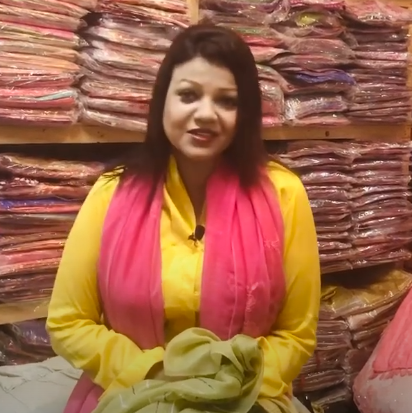They were warned by Prime Minister Scott Morrison of Australia against attending Black Lives Matter marches Saturday because of the coronavirus risk, but tens of thousands would not be deterred.
The health minister in Britain pleaded with residents not to gather for similar demonstrations in cities like London, Manchester and Birmingham to stop the virus’ spread. But throngs showed up anyway — despite the cold weather, the spitting rain and warnings by police that mass gatherings would violate the rule that only six people from different households could gather outside during the pandemic.
From Paris to Berlin — as in demonstrations this past week in Japan, Sweden and Zimbabwe — people around the world once again turned out in solidarity with American protesters calling for justice in the death of an African American man, George Floyd, at the hands of police in Minneapolis.
They showed up in circumstances that made it almost impossible to adhere to social distancing regulations. Tens of thousands flowed to Parliament Square in London on Saturday afternoon, shouting anti-racist slogans and carrying signs paying homage to Floyd, 46, who died after a white police officer held his knee to Floyd’s neck in Minneapolis on May 25.
Though most people were wearing masks, their collective chants could be heard loud and clear: “George Floyd,” “Black Lives Matter,” “No justice, no peace,” they said. Footage showed hundreds streaming toward the US Embassy on foot and by car, hooting and honking horns.
Silence fell among the crowds for about one minute when the protesters all took a knee on the wet ground, and many raised their fists in the air.
The world has been transfixed by the unrest in the United States amid video footage of brutal clashes between police and protesters, along with episodes of looting and destruction — though many cities held peaceful marches and vigils in Floyd’s memory. The global demonstrations, continuing for a week now, were inspired by US demonstrations to call for an end to racism and police brutality in their own countries.
In Paris, authorities barred people from gathering in front of the US Embassy, but thousands protested there anyway in the late afternoon, as well as near the Eiffel Tower, echoing a protest this past week that drew nearly 20,000 people in memory of Adama Traoré, a Frenchman who died in police custody in 2016.
In Australia, even as Morrison, the prime minister, advised against attending the Black Lives Matter marches Saturday for fear of new outbreaks in a country that has managed to beat back the virus, huge crowds turned out in cities like Sydney and Melbourne, calling for an end to systemic racism and indigenous deaths in police custody. Anger has grown for years over the deaths: There have been more than 400 such fatalities since 1991, without a single officer having been convicted.
Despite warnings that they could be fined for defying coronavirus restrictions, protesters showed up wearing masks, holding signs with slogans like “Australia is not innocent” and shouting, “I can’t breathe” — echoing Floyd’s plea.
In Melbourne, many held indigenous flags, signs and clap sticks, which they struck in solidarity, chanting, “I can’t breathe” — also the final plea of an indigenous man, David Dungay, who died at the hands of Australian police in 2015.
Police officers surrounded many of the Australian protests but did not engage with the demonstrators, at least initially. In many cases, the protests grew larger than organisers had expected.
The intensity, scale and scope of the protests seemed to dwarf anything Australia has seen in terms of mobilisation around the issue of race since at least 2000, when 250,000 people marched for reconciliation over Australia’s treatment of its indigenous people.
In Sydney, the protests Saturday came together under a cloud of tension and uncertainty. After a court ruled late Friday that the marches could not be held, citing the need for social distancing in light of the coronavirus pandemic, organisers appealed. And a higher court’s last-minute decision Saturday let the demonstration proceed — just minutes before it was to start.
Among the crowds, anger was mixed with resolve.
“We will not be silenced,” an organiser shouted to the crowd of thousands, as helicopters buzzed overhead. “We will be coming to your streets until you get it right.”
Many of the Sydney rally’s supporters suggested that the attempt to cancel Saturday’s event had been an example of racism. They noted that gatherings of mostly white Australians, such as at farmers markets, seemed to have continued without interruption.
Within minutes of the rally’s start, however, the focus shifted to the subject of deaths at the hands of police in Australia.
“No justice, no peace, no racist police,” the crowd shouted. People then marched through the usually bustling centre of the city.
Ron Baird, an African American living in Australia, drew parallels between Australia’s troubles and the crisis in the United States, disputing the prime minister’s suggestion this past week that Australians were “importing” problems that had not existed in the country.
“No Mr Morrison, Australia is not the United States, but Australia does have its own long, dark, brutal past of oppression,” Baird said.
In Germany, calls went out on social media for protesters to take to the streets to honor Floyd, after a week of demonstrations in cities like Hamburg and Frankfurt. In an interview with German public broadcaster DW News, Chancellor Angela Merkel called the death of Floyd “a murder.”
“It is racist,” she said, adding, “But I trust in the power of democracy in the United States, that they are able to come through this difficult situation.”
In Britain, the health minister, Hancock, cited COVID-19 on Friday in warning protesters not to gather in groups of more than six people this weekend. “Like so many I’m appalled by the death of George Floyd,” he said at a news briefing. “But we are still facing a health crisis.”






